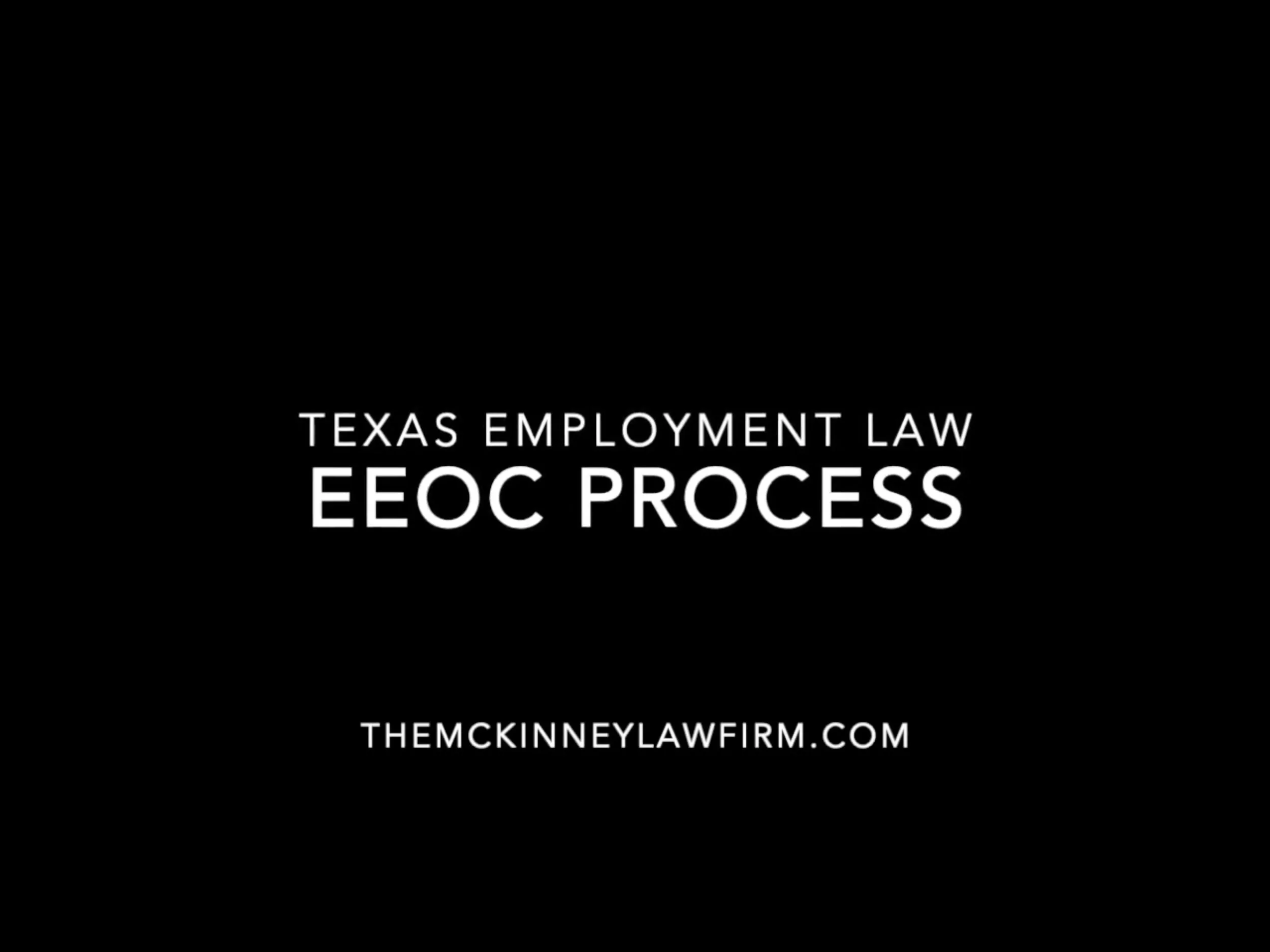The 4th U.S. Circuit Court of Appeals has let stand a $334,500 jury verdict for a 61-year-old employee who the company fired over a single incident of backdating a form.
The Plaintiff, Glenda Westmoreland, had worked for a Time Warner Cable subsidiary for more than 30 years, was fired after instructing a subordinate to backdate a form to reflect the date of a related meeting, rather than the date the form was actually completed. TWC initially told her the infraction wasn't serious but later concluded that she had violated company policy prohibiting false statements and created "trust and integrity" issues. While walking her to her car, a supervisor told the Plaintiff, "You’ll get another job. Just go home and take care of those grandbabies.” Westmoreland sued, alleging age discrimination.
A jury found for Westmoreland and, on appeal, the 4th Circuit upheld the verdict. TWC’s "about face" on the disciplinary matter could give rise to a "suspicion of mendacity" about the company’s rationale for firing her, the court said. It also noted that company representatives had testified that there were lesser forms of discipline available. As a result, the court said, the jury could reasonably find that Westmoreland’s firing for one infraction that did not require termination was "such an extreme overreaction as to be pretextual." In addition, the jury could have found that the "grandbabies" comment was made by a supervisor who harbored age bias, the court said.
Age discrimination in employment is illegal, but two-thirds of older job seekers report encountering it. Employees between the ages of 46 and 65 (especially those nearing retirement age) are the most likely to be targeted. Those employees are often let go by employers who perceive them to be more expensive and less valuable than younger replacements.
The Age Discrimination in Employment Act (ADEA) exists to protect individuals who are 40 years of age or older from employment discrimination based on age. The ADEA's protections apply to both employees and job applicants. Under the ADEA, it is unlawful to discriminate against a person because of his/her age with respect to any term, condition, or privilege of employment -- including, but not limited to, hiring, firing, promotion, layoff, compensation, benefits, job assignments, and training.
You can read the full 4th Circuit opinion here.





















